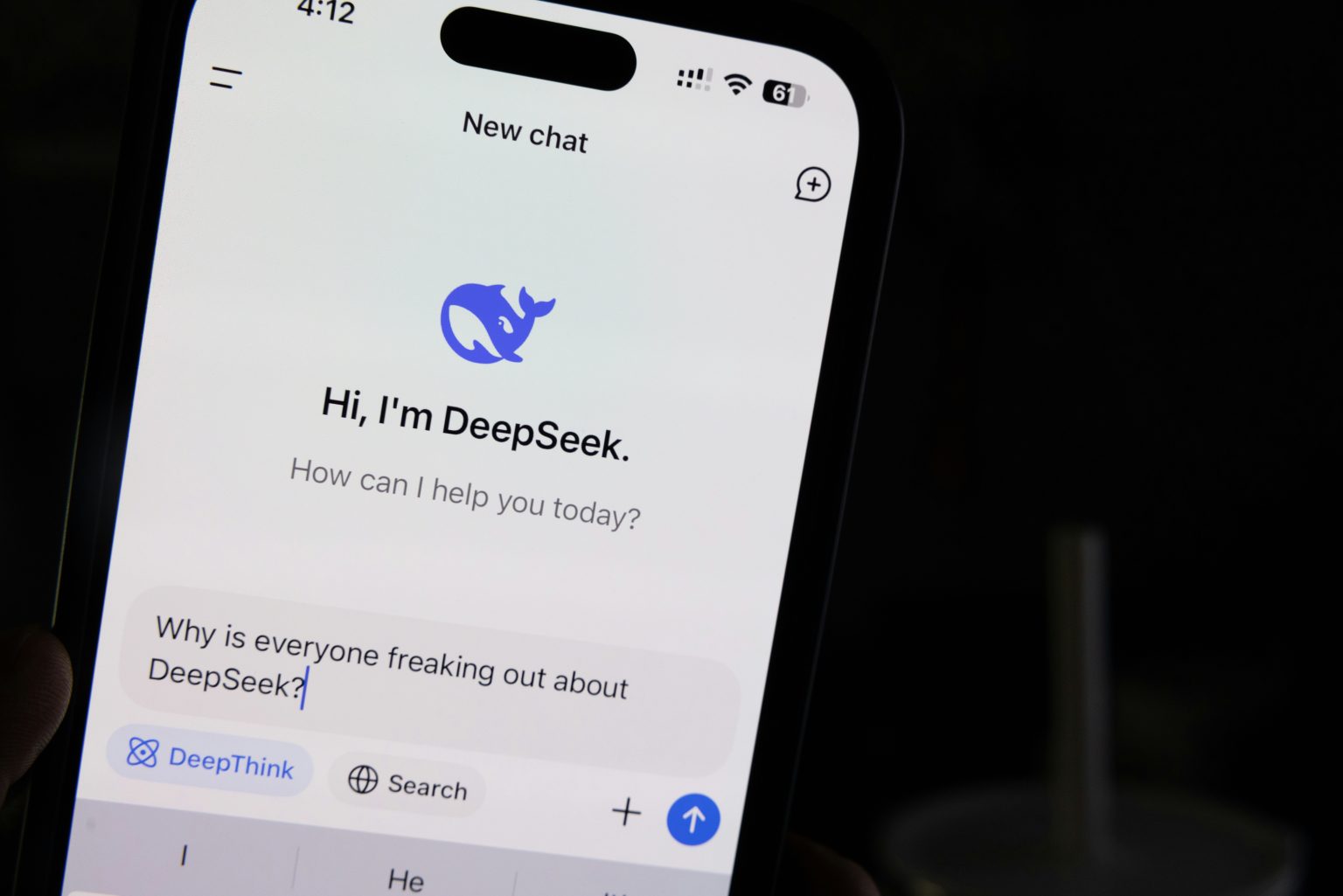A Chinese AI startup, DeepSeek, has dived into Silicon Valley’s turf, and it’s making quite the splash. This tiny Hangzhou-based company has launched a free AI chatbot that’s taken the tech world by storm. With claims of using less data and costing a fraction of its rivals, DeepSeek’s AI has already dethroned ChatGPT as the top app on Apple’s US App Store. The fallout? Utter chaos in the stock market. Analysts estimate a jaw-dropping $1 trillion sell-off in US tech stocks, with industry titans like Nvidia, Microsoft, Meta, and Alphabet taking some serious damage. Nvidia – the leading AI chipmaker – alone saw $600 billion vanish from its market value. Not the best day at work, aye?
What is DeepSeek’s secret sauce?
A shockingly low $6 million training budget for its AI model. Compare that to the hundreds of millions spent by the big players, and you can see why everyone’s taken aback. Venture capitalist Marc Andreessen called it “one of the most impressive breakthroughs I’ve ever seen,” even stating its open-source model a “profound gift to the world.” High praise, indeed.
But is it too good to be true? With so little known about DeepSeek’s tech, experts are remaining cautious. As Jon Withaar from Pictet Asset Management points out, “We still don’t know the details, and nothing has been 100% confirmed in regard to the claims, but if there truly has been a breakthrough in the cost to train models from $100m-plus to this alleged $6m number, this is actually very positive for productivity and AI end-users as cost is obviously much lower meaning lower cost of access.” That’s good news for students, startups, and basically anyone who’s not a billionaire.
Wall Street Woes
DeepSeek’s rise has sent shockwaves through Wall Street. Nvidia saw its shares deplete 11%, with Microsoft, Meta, and Alphabet also taking losses. The broader tech-focused Nasdaq index slid more than 3%. Investors are nervous, questioning whether US tech’s two-year AI boom has been built on shaky ground.
Interestingly, this happened despite US export controls meant to hinder China’s access to advanced tech. Well, talk about a backfire. Russ Mould from AJ Bell quipped, “The US government – both under Donald Trump and previously under Joe Biden – have been trying to stop China from accessing Western technology. That strategy might have backfired as it looks to have encouraged China to ramp up efforts to build its own technology, and we’re now seeing evidence that the country is making waves.”
So, what’s next?
DeepSeek’s triumph could mean big changes for AI. If smaller players can achieve similar results without billion-dollar budgets, it might signal the end of Silicon Valley’s monopoly on innovation. Plus, more competition usually means lower prices and better tech for everyone – who can resist that?
Of course, there are still unanswered questions. Can DeepSeek’s tech scale? Are its cost claims legit? For now, one thing’s clear: the new kid on the block is here to stay, and they’re taking over the neighbourhood. Silicon Valley, consider yourselves warned.


